Jiangnan culture, intoxicating gardens encounter dense Baiyun Mountain, Suzhou gardens amaze Yangcheng
On April 18, the "Jiangnan Culture·Drunken Beauty Garden" Suzhou Garden Promotion Conference was held in Baiyun Mountain, Guangzhou. Deputy Director Shao Lei of the Suzhou City Landscape and Greening Administration Bureau, Deputy Director Chen Xun of the Guangzhou City Forestry and Landscape Bureau and other relevant leaders attended the event and experienced a beautiful "Jiangnan Culture·Drunken Beauty Garden" together with well-known travel agencies and media reporters in Guangdong.
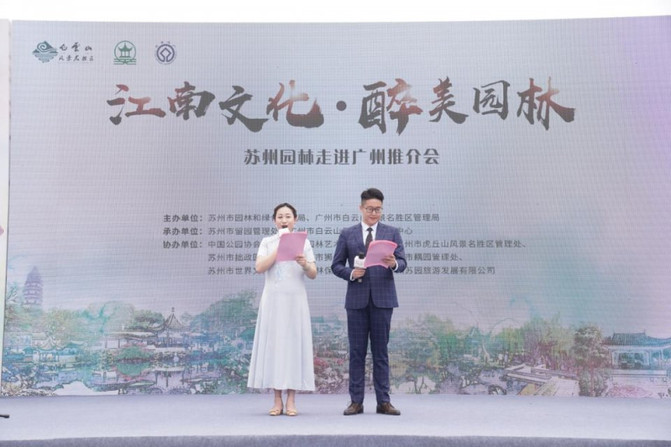
Suzhou is known as the "Garden City". Suzhou gardens have a long history. In their heyday, more than 200 gardens were scattered inside and outside the ancient city. Dozens of them are still well preserved, representing the style and artistic level of Chinese classical private gardens and are a rare tourist destination. Because of its ancient, beautiful, refined and elegant nature, it enjoys the reputation of "Jiangnan gardens are the best in the world, and Suzhou gardens are the best in Jiangnan". Let's take a look below.
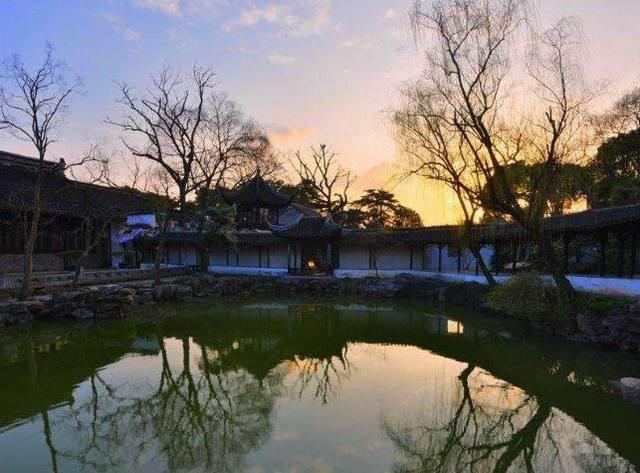
Humble Administrator's Garden, built in the early years of Zhengde in the Ming Dynasty (early 16th century), is one of the four famous gardens in China. The whole park is centered on water, surrounded by mountains and rivers, exquisite halls and pavilions, lush flowers and trees, and has a strong Jiangnan water town characteristics.
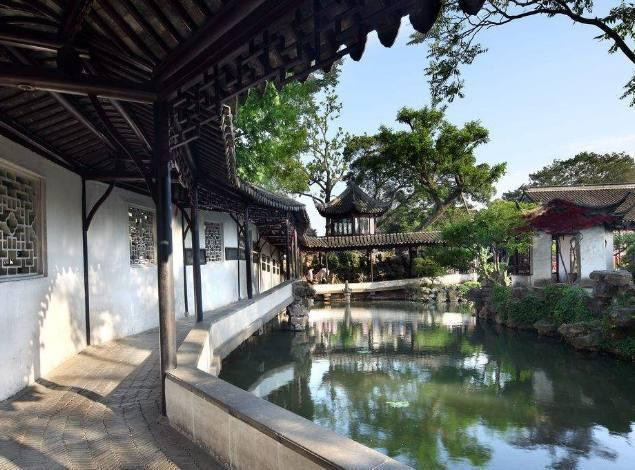
Over the past 400 years, Humble Administrator's Garden has gone through vicissitudes, changing owners many times, and being dilapidated several times. The original integrated garden has evolved into three separate gardens with their own pattern.
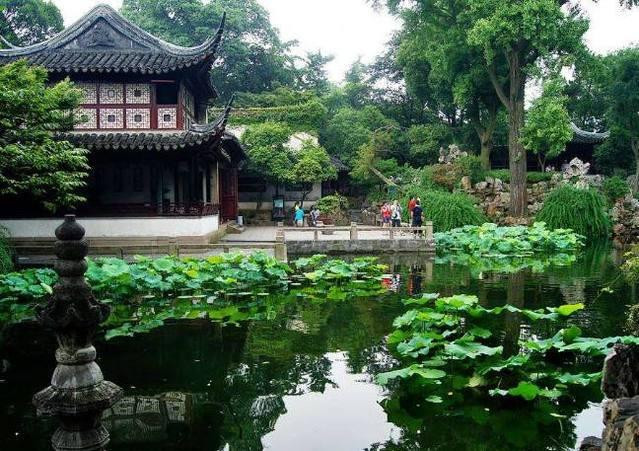
The Lingering Garden, located at No. 338 Liuyuan Road, Changmen Gate, Suzhou, is also one of the four famous gardens in China. Compared with Humble Administrator's Garden, the Lingering Garden can better reflect China's unique stone cultural phenomena since ancient times, such as loving, storing, appreciating, chanting and painting stones.
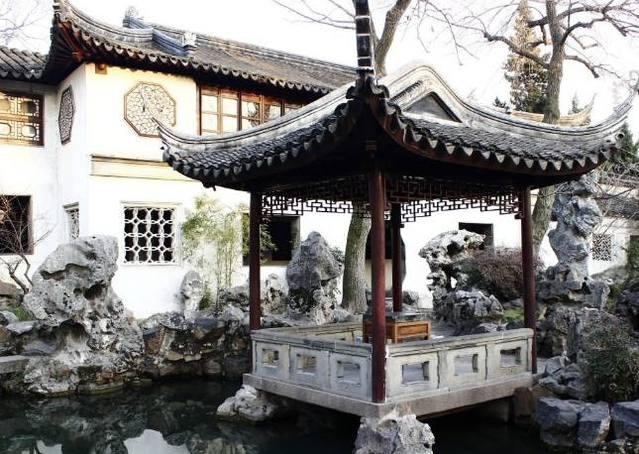
Walking through the Lingering Garden, you can see various shapes and exquisite rocks."Getting the fun of the mountains and forests without going out of the city" is the most appropriate description of it. The spatial structure is ingenious and the artistic techniques are superb. It is a very typical Qing Dynasty garden style.
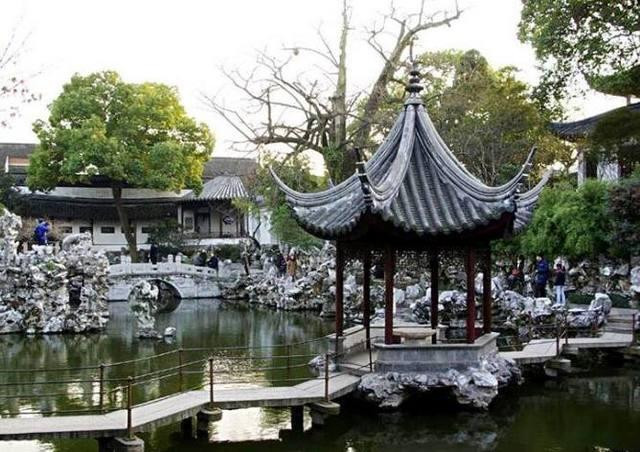
Lion Forest is located at No. 3 Yuanlin Road in the northeast corner of Suzhou's Urban area. It was built in the second year of Zhizheng of the Yuan Dynasty (1342). Because the strange rocks in the garden look like lions, it is named "Lion Forest".
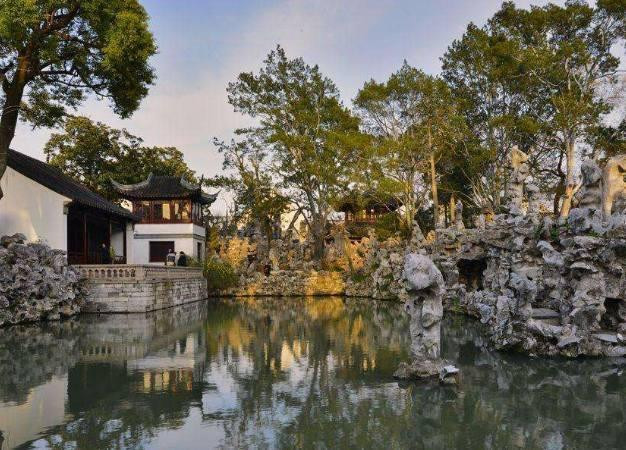
The forest garden has undergone many ups and downs. The temple, garden and house are divided and merged. Traditional gardening techniques and Buddhist thoughts are integrated, making it a temple garden that integrates the principles of Zen Buddhism and the joy of gardens.
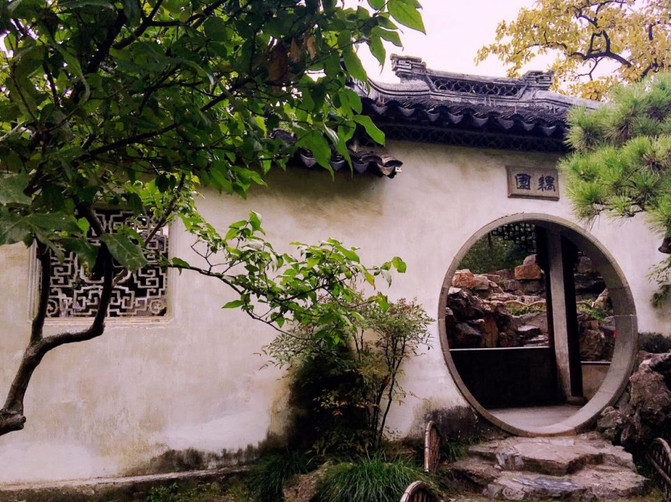
Zeyuan, although Zeyuan is the smallest garden in Suzhou and is not as famous and atmospheric as other gardens, it has its unique elegance and the temperament of a small family, especially the temperament of a literati and hermit.

The garden is designed and built with the intention of loving husband and wife, displaying the oriental romantic style. It can be said to be unique and unique. It is called the "Couple Garden" and the "Love Garden".
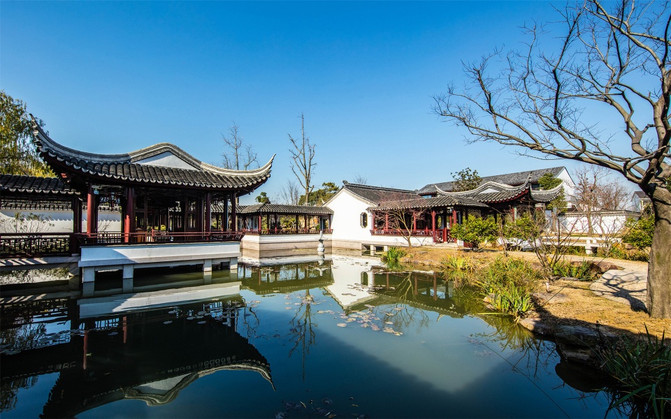
Huqiu Mountain Scenic Area is located in the northwest corner of the ancient city of Suzhou. It has a long history of more than 2500 years. It is known as the "No. 1 Scenic Spot in Wuzhong" and the "No. 1 Mountain in Wuzhong". Su Dongpo, a great poet of the Song Dynasty, wrote the ancient saying that "I once said that Suzhou never visits Huqiu and not visit Luqiu are two things that owe me."
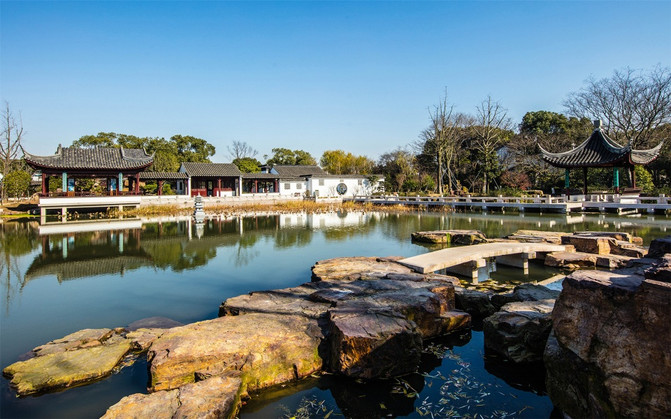
Among them, the most famous are the Yunyan Temple Pagoda, Sword Pond and Thousand People's Stone: the Yunyan Temple Pagoda has a history of more than 1000 years and is the second leaning tower in the world and has become a landmark building in the ancient city of Suzhou; the Sword Pond is buried in the tomb of King Helu of Wu. The Thousand People's Stone left the story of "a lecture on the public, and thousands of people sitting under it."
The changes in the scenery of the four seasons make the garden different from time to time, so it is not enough to visit the garden once. Although it has similar features, it has a different charm.
Previous Article:Jiangsu's ancient town with a lot of fireworks is leisurely and quiet, with low prices, and may become a good place to retire.
Next Article:Tongli Ancient Town, checking for leaks and filling gaps on bluestone slabs-Wujiang 5 (15)
